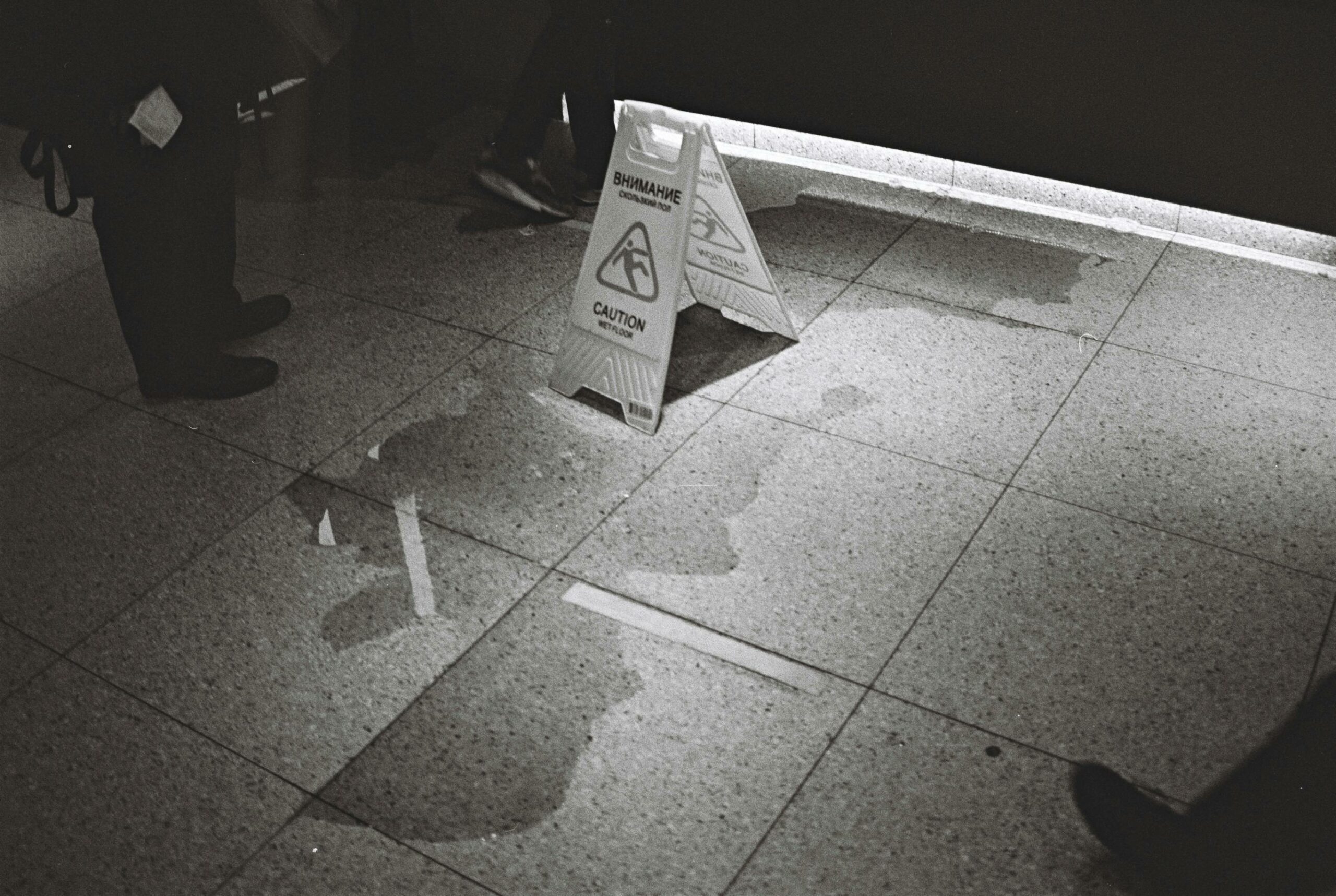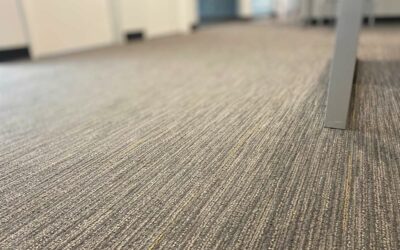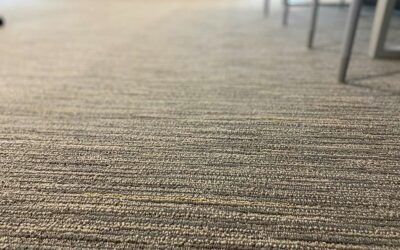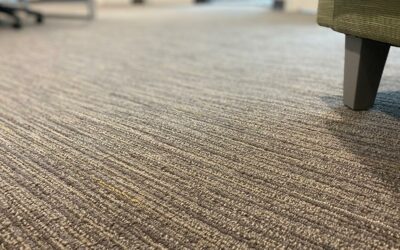Waterproof Flooring Misconceptions
Waterproof flooring has become a big hit for homeowners looking to keep water damage at bay. But is it really as waterproof as it sounds? Well, it’s more accurate to say that waterproof flooring is actually water-resistant.
Designed with advanced materials and technology, waterproof flooring aims to prevent water from seeping through its surface. This means that while it’s super good at protecting your floors from everyday spills and splashes, it’s not completely invincible against water.
In this article, we will explore the common misconceptions about waterproof flooring and clarify its true capabilities.
Waterproof Flooring Has Limits
Waterproof flooring is great for keeping water and moisture away, but it has its limits. While designed to resist water, it cannot withstand prolonged exposure to water without potential damage. Quick spill clean-up and avoiding water accumulation are key practices to maintain its effectiveness.
Additionally, waterproof flooring is still susceptible to wear from daily use. Sharp objects, heavy furniture, and abrasive materials can scratch or dent the flooring. Preventive measures, like using furniture pads, can help protect the floor’s durability and aesthetic appeal.
Get in touch with our team to discover your floor covering and installation options. We’re looking forward to working with you.

Proper Installation Matters
The performance of waterproof floors hinges on proper installation. While many flooring types say they’re waterproof, it’s important to know that the materials and methods used can differ a lot. For example, vinyl and tile are naturally water-resistant, while hardwood and laminate might need extra treatments or protective coatings.
Additionally, for areas with higher moisture levels, such as bathrooms, it’s wise to take extra steps like sealing edges and joints for added protection against water. Seeking advice from a professional is a smart move when dealing with waterproof flooring, as they can provide insights on the unique needs of your space.
Maintenance Is Key
While waterproof flooring offers a durable and resistant option for homes, its longevity and effectiveness are directly tied to the care it receives. Regular cleaning, using the right products, and avoiding abrasive tools are part of preserving the floor’s waterproof qualities.
Protective measures, such as using doormats to minimize dirt and water being tracked in, helps the floor last longer. By understanding and implementing these maintenance practices, homeowners can ensure their waterproof flooring continues to look great and perform well for years to come.
Waterproof Flooring Alternatives
While tile is considered the only true waterproof option, there are other choices worth considering if you want a different appearance compared to traditional tile. Let’s explore some waterproof flooring alternatives:
Glue-Down Flooring: This type of flooring is available in materials like vinyl and engineered wood, and is a reliable alternative known for its water resistance when installed correctly. It involves adhering planks or tiles directly to the subfloor, creating a strong bond that minimizes the risk of water seeping through seams or edges.
Luxury Vinyl Flooring: This is an excellent choice for those seeking water-resistant options with a wide range of design possibilities. It can mimic the appearance of natural materials like hardwood or stone while offering superior water resistance. Luxury vinyl is available in various formats, including planks and tiles, and can be installed using various methods.
Laminate Flooring: While this is another alternative that offers water resistance, it’s important to note that not all laminate products are equally water-resistant. Some laminates feature water-resistant cores or coatings, making them suitable for areas prone to occasional spills and moisture. However, they may not be the best choice for spaces with high humidity or standing water.
Wood Plastic Composite and Stone Plastic Composite: Both of these emerging options are known for their exceptional water resistance. These engineered products consist of multiple layers, resulting in highly durable and waterproof surfaces. While they have traditionally been used in commercial spaces, they are becoming increasingly popular in residential settings due to their waterproof qualities.
Conclusion
Waterproof flooring is not invincible against water, but it’s a reliable choice for protecting your floors from everyday spills and moisture. Proper installation and regular care are essential to get the most out of it. So, while it may not be completely waterproof, it’s still a practical solution for safeguarding your home.
If you’re interested in installing new flooring or have any questions about flooring options, our experts at Lakeside Floor Covering are eager and ready to assist. Contact us today and discover the perfect flooring solution for your space.
RELATED POSTS
How to Make High Traffic Carpet Look New
How to Make High Traffic Carpet Look NewThere’s some good news that comes along with tips on how to keep your...
Tips and Tricks for Carpet Cleaning in High-Traffic Areas
Carpet Cleaning High Traffic AreasWhen it comes to cleaning practices for traffic-friendly carpets, you must...
What Carpet is Best for High Traffic Areas?
Best Carpet for High Traffic AreasToday’s carpeting products greatly overshadow the carpeting of the past!...




